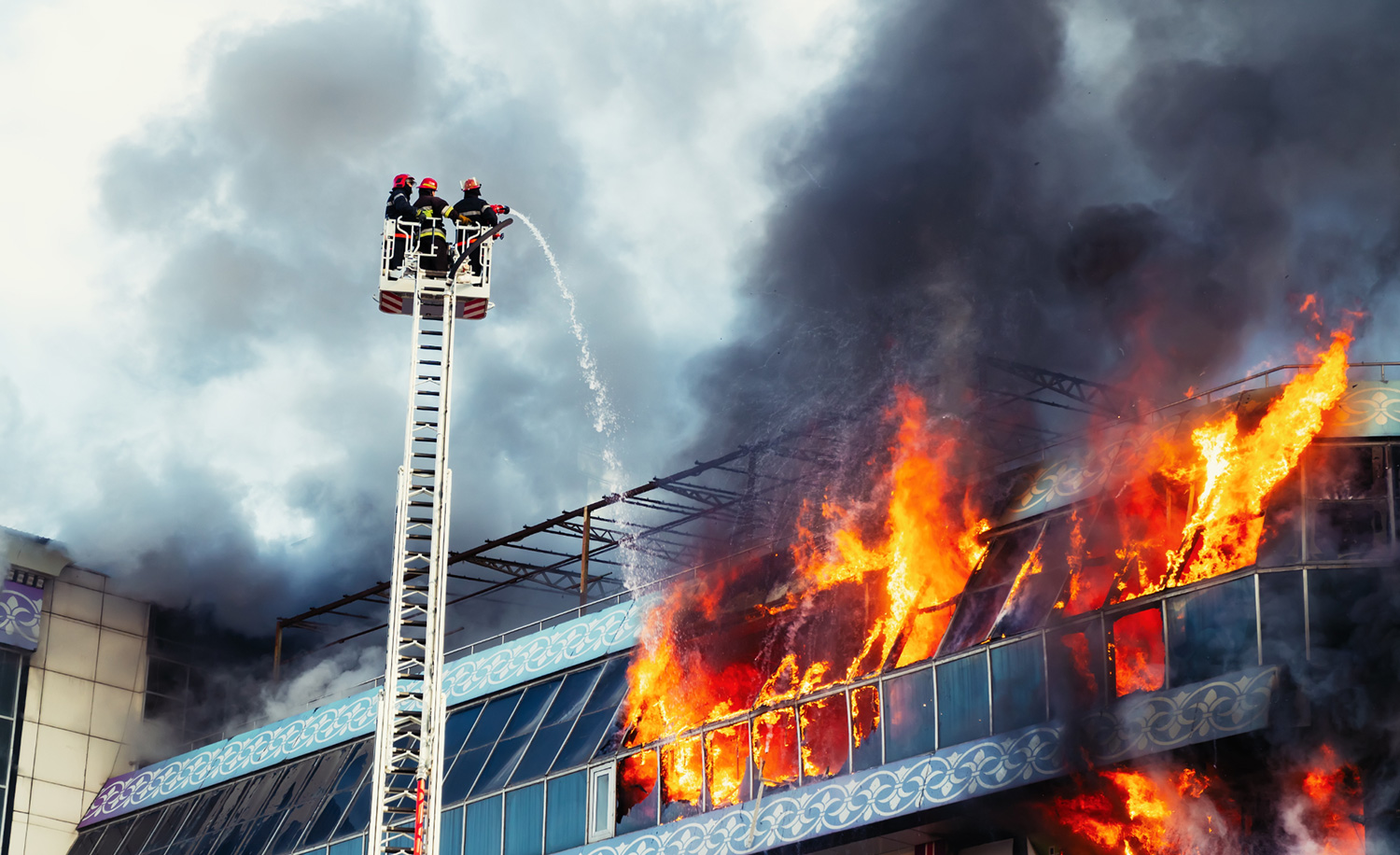
Insurance Coverage – Fire Insurance
Fire Insurance provides coverage up to the insured amount specified in the policy for damages caused by fire, lightning, and explosion. The insured value includes not only the main building but also annexes such as garages and water tanks, as well as fixed installations like elevators and lightning rods. However, the value of the land is excluded from the coverage. Additionally, belongings located at the insured address that belong to the policyholder, their family, or employees are also covered.
Along with the main coverages, the policy can be extended with optional bundled coverages. These may include natural disasters such as earthquakes, floods, storms, landslides, snow load, and volcanic eruptions; social events such as strikes, lockouts, civil commotions, terrorism, and malicious acts; and accidental risks such as internal water damage, smoke, and vehicle impact.
Furthermore, depending on the needs and preferences of the insured, the following special coverages can be added to the policy with an additional premium. The scope and premiums of these coverages may vary by insurance company.
Special Coverage Options:
-
Works of art, antiques, and collectibles
-
Business records, plans, and documents
-
Cash, precious metals, and jewelry
-
Motor vehicles and their cargo (excluding while in transit)
-
Goods held in custody
-
Debris removal costs
-
Loss of rent and business interruption losses
-
Legal liability arising from fire and explosion
-
Damages caused by environmental pollution
Exclusions from Coverage
The following situations are excluded from the policy and are not covered:
-
War and Insurrection: Damages caused by war, civil war, invasion, rebellion, and military interventions
-
Nuclear Risks: Damages resulting from nuclear fuel or radiation exposure
-
Government Intervention: Damages resulting from actions or decisions of government or public authorities
-
Self-Deterioration: Damages due to decay, spoilage, or fermentation of goods without the presence of fire
-
Contact with Heat Sources: Burns caused by heat sources like irons, candles, or cigarettes
-
Electrical Failures: Damages to electronic devices due to short circuits, voltage fluctuations, or grounding faults
-
Mechanical Damages: Damages due to low pressure, wear and tear, centrifugal forces, or other mechanical events

